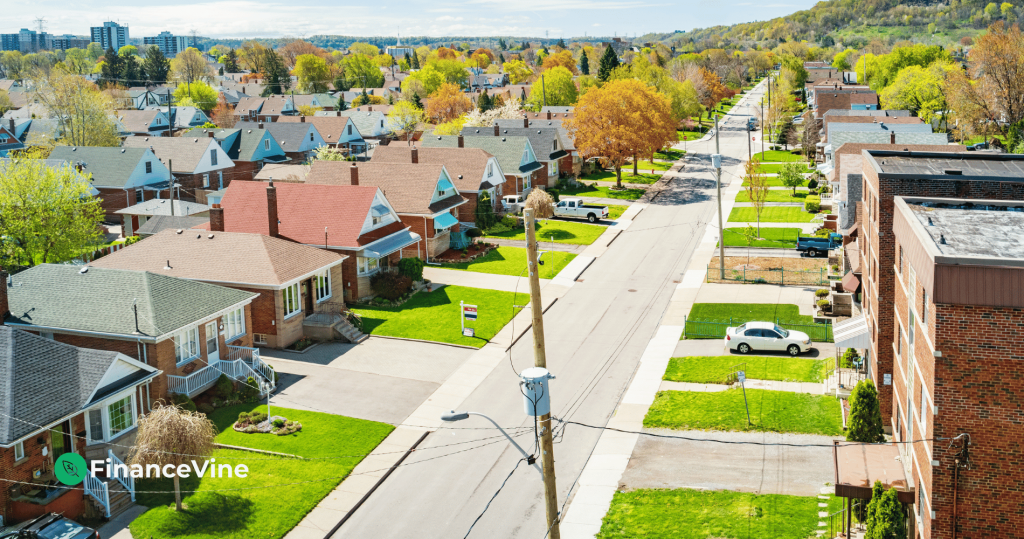
As a Canadian homeowner, you have access to a variety of loans that can help you meet your financial needs. Here are some of the most common types of loans and how they differ:
1. First Mortgage
A mortgage is a loan that allows you to purchase a home. Mortgages are typically long-term loans, with terms ranging from 15 to 30 years. The interest rate on a mortgage is typically fixed for the first few years of the loan and then becomes variable.
2. Home Equity Loans
A home equity loan is a loan that allows you to borrow against the equity in your home. It provides you with a lump sum of money upfront, which you repay over a set period with fixed monthly payments. Home equity loans are typically used for large, one-time expenses, such as home renovations or debt consolidation. They often have a fixed interest rate, providing predictability in your payments.
3. Home Equity Lines of Credit (HELOCs)
A HELOC is also a loan that allows you to borrow against the equity in your home. However, unlike a home equity loan, a HELOC works like a credit card, providing you with a revolving credit line that you can draw from as needed. This flexibility makes HELOCs ideal for ongoing expenses or projects where the total cost may not be known upfront. HELOCs typically have variable interest rates, meaning your payments can fluctuate over time.
4. Reverse Mortgages
A reverse mortgage is a loan that allows seniors aged 55 and older to borrow against the equity in their homes without having to make monthly payments. Reverse mortgages have variable interest rates and are typically repaid when the borrower sells the home or dies.
5. Second Mortgages
A second mortgage is a loan that is secured by your home, but it is subordinate to your first mortgage. Second mortgages are typically used to borrow money for large expenses, such as home renovations or debt consolidation. Second mortgages have higher interest rates than first mortgages and typically have shorter terms.
Choosing the Right Loan
The type of loan that is right for you will depend on your individual needs and circumstances. If you are looking to purchase a home, a mortgage is likely the best option. If you are looking to borrow money for a large, one-time expense and prefer predictable payments, a home equity loan may be a good choice. If you need flexibility and the ability to access funds as needed, a HELOC could be a better fit. If you are 55 years old or older, a reverse mortgage may be an option to consider. And if you need to borrow money quickly, a second mortgage may be an option.
It is important to compare interest rates and terms from multiple lenders before choosing a loan. You should also consider the fees associated with each loan. By carefully comparing your options, you can find the loan that is right for you and your financial needs. Working with a mortgage broker can ensure you consider all the options available to you. If you would like to get connected with a Canadian mortgage broker to find a solution that works for you, go ahead and complete the form below.